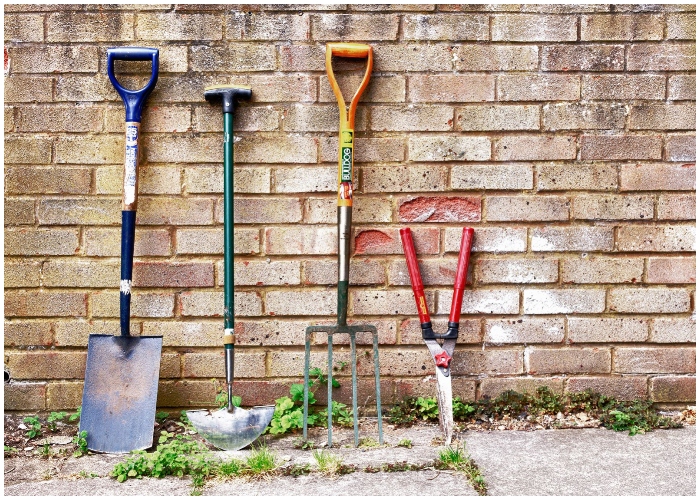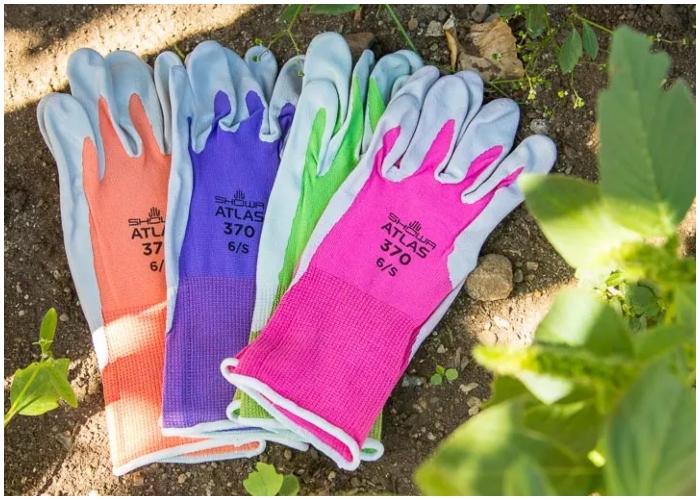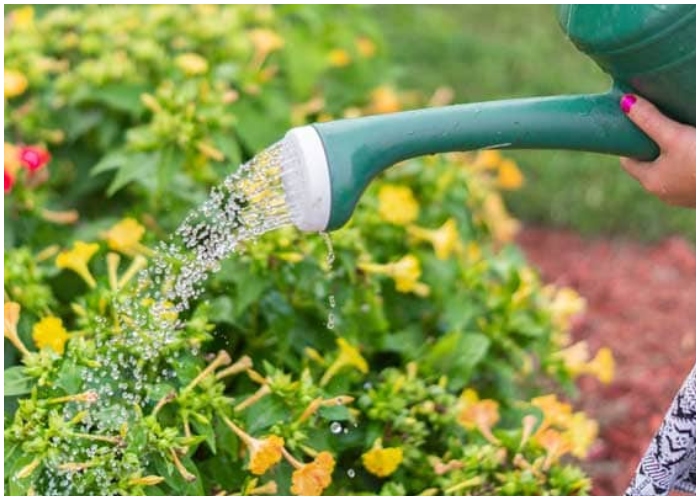Gardening is a rewarding activity that enhances your outdoor space and can provide a relaxing escape from the hustle and bustle of daily life. While the variety of gardening tools available on the market is vast and tempting, it’s important to focus on essentials to avoid clutter and unnecessary expenses. Investing in high-quality tools that fit within your budget and maintaining them well can significantly enhance their longevity and performance.

Here’s a comprehensive guide to the 12 essential gardening tools every gardener should own:
1. Gloves
Protective gloves are crucial for safe gardening. They prevent injuries from thorns, splinters, and rough materials. Ideal gloves should be durable yet sensitive enough to allow fine motor tasks such as seeding or handling small plants. They should fit well to avoid slipping off and causing blisters or accidents. Opt for gloves with water-resistant and breathable fabric to keep hands cool and dry. Longer cuffs are preferable as they protect the wrists and forearms from scratches and keep dirt out.
2. Pruning Shears
Also known as secateurs, pruning shears are essential for controlling plant growth and maintaining the health of your garden. Choose bypass pruners for live plants as they make clean cuts that heal quickly, and anvil pruners for dead wood. Ensure the pruners fit comfortably in your hand and maintain them by regular sharpening and cleaning to prevent disease spread and ensure efficient cutting.
3. Loppers
When you need to cut thicker branches that are beyond the capability of pruning shears, loppers are your best bet. These long-handled tools provide the necessary leverage to cut through branches up to an inch thick. Select a model with handles that match your reach and strength, and consider lightweight materials like aluminum to reduce fatigue during extended use.
4. Garden Fork
An indispensable tool for turning soil, a garden fork can penetrate areas too tough for a spade. Forks with curved tines are great for scooping and turning compost or mulch, while those with straight tines excel at digging, especially in compacted, rocky, or clay soils.

5. Hand Trowel
A hand trowel is a versatile tool suited for a variety of gardening tasks including transplanting bedding plants, planting containers, and removing weeds. Choose a trowel with a sturdy handle and a durable stainless steel blade. The shape of the blade should suit your specific gardening needs—broad for moving soil or narrow for detailed work.
6. Spade
A sturdy spade is a garden workhorse, essential for digging, edging, and moving soil. Invest in a high-quality spade with a durable, rust-resistant blade and a comfortable handle. Spades with foot treads on the blade provide better comfort and leverage when digging.
7. Rake
A rake is useful for clearing leaves and debris, leveling soil, and preparing planting areas. Adjustable rakes with extendable handles are versatile and can adapt to different tasks, such as reaching into narrow areas or gathering large piles of leaves. Choose a rake with durable tines appropriate for your garden’s soil and foliage type.
8. Hoe
The right hoe can make weeding and preparing soil much easier. For vegetable gardens, a sturdy, wide hoe is useful, while delicate flower gardens might require a thinner, sharper hoe. Consider the type of gardening you do most and select a hoe that fits your needs.
9. Garden Hose with Adjustable Nozzle
A good garden hose is indispensable for watering your garden. Look for one with an adjustable nozzle, which allows you to control the water flow and spray pattern, making it easy to water delicate seedlings or robust shrubs effectively.

10. Watering Wand
A watering wand helps you gently water plants that are hard to reach. The extended handle allows you to water hanging baskets, deep flower beds, and other difficult-to-reach areas without straining.
11. Watering Can
Ideal for indoor and precision watering, a watering can help you control the amount of water delivered to your plants. Choose between lightweight plastic and durable metal cans, and consider one with a long spout for reaching into dense foliage.
12. Wheelbarrow
For moving large loads of soil, mulch, or garden debris, a wheelbarrow is essential. Choose a model that suits your strength and the terrain of your garden. A two-wheeled model might offer better stability on uneven ground, while a traditional single-wheeled model offers maneuverability in tight spaces.
Maintaining Your Tools
To get the most out of your investment, it’s crucial to maintain your tools properly. Clean them after each use, store them in a dry place, and sharpen blades regularly to keep them efficient and ready for use.
By carefully selecting and maintaining these essential tools, you can keep your garden beautiful and productive without overcrowding your shed or breaking your budget. This approach not only simplifies your gardening but also ensures that each tool you have is of sufficient quality and purposefully chosen to support all your gardening activities.